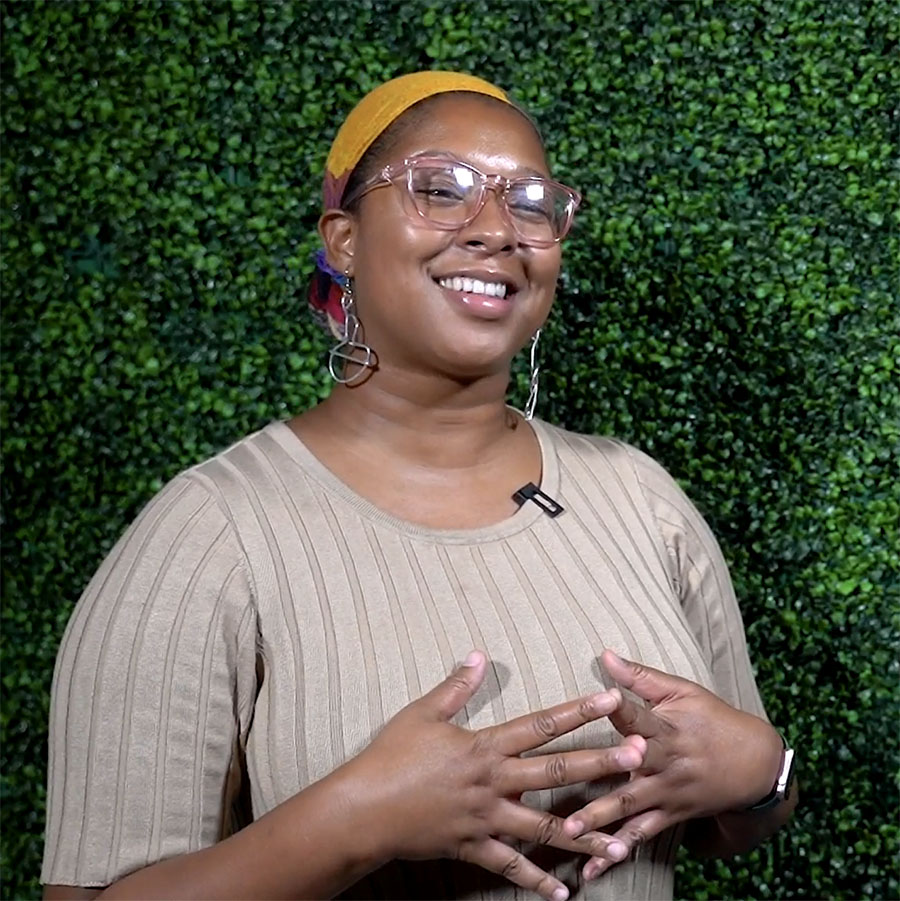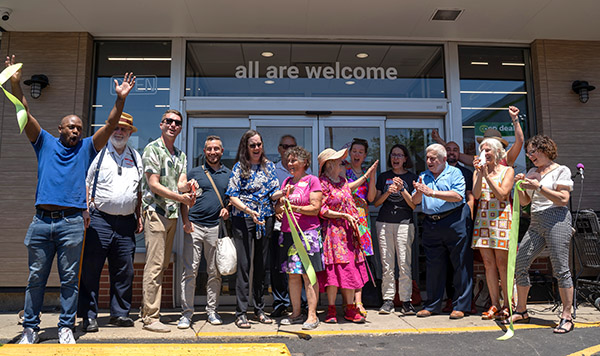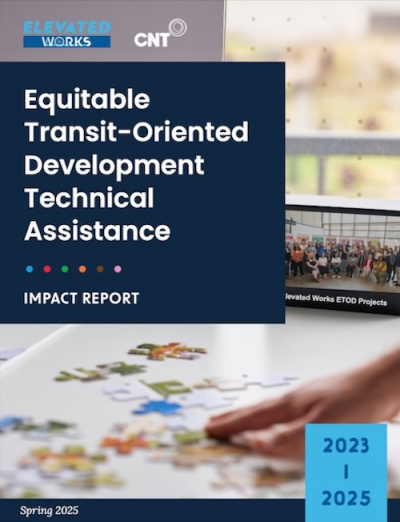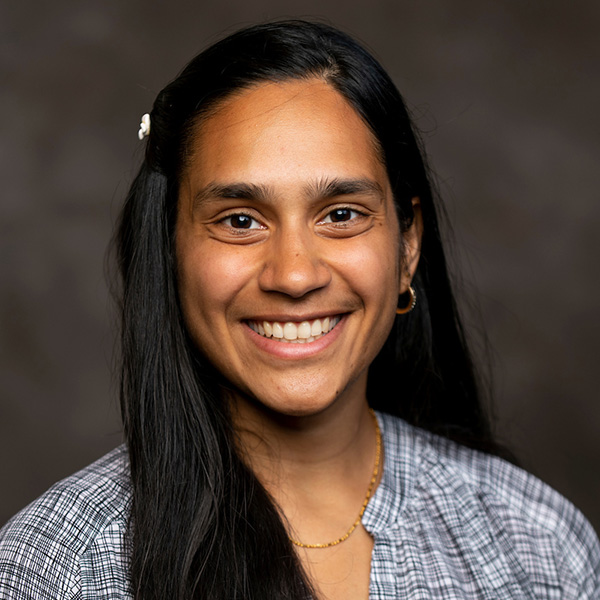In 2024, the McDougal Foundation supported two capstone projects from the previous year’s community-based participatory research project, Civic Innovation Hub. We worked with a cohort of 12 residents from Blue Island and Robbins for phase two.
We supported teams from each town to frame specific research questions and select methods to address the questions. We also trained them in areas that spanned from agenda creation and meeting facilitation to reading a budget and FOIA to stormwater management and economic development. Each team completed phase two with well-developed research questions and plans for how to answer them:
Robbins
Robbins participants focused on leveraging stormwater infrastructure projects for economic development, including the use of urban farming for food production in an area that’s otherwise a food desert. Their primary questions:
How do we get people to come back to Robbins? What community benefits of green stormwater infrastructure do people want to see in Robbins?
Participant Fredia Lindsey got involved because her backyard floods regularly, the bottom exterior of her house and garage have mold, and she sees streets blocked off due to flooding from time to time, she says. The knowledge she’s gained, regular meetings, and step-by-step approach make a big difference.
“Civic Innovation Hub has boosted my morale to stay involved in community affairs,” Lindsey says. “I boosted my knowledge up on environmental protection, how to beautify the neighborhood, and that there are programs out there to help, but you have to get involved.”
Like other Civic Innovation Hub participants, Lindsey has also been involved in Center for Neighborhood Technology’s Rain Ready Calumet project developing resident-led projects to invest in green stormwater infrastructure with construction funding from Cook County Government.
Her Civic Innovation Hub cohort is looking for ways to leverage the funds to help revitalize their town: “It’s a way to bring revenue into Robbins,” she says. “Businesses could move in and not have to worry about insurance, with the flooding.” They also want to mobilize their neighbors: “A lot of seniors in Robbins are laid back, retired,” she says. “This is an historical town. Someone needs to keep it going for the youth.”
Blue Island
Blue Island residents have advocated for their municipal government to boost their quality of life by developing workable stormwater management solutions. Continuing work on this issue, the Blue Island group’s main focus will be to tally and map out brownfields—abandoned, contaminated industrial properties that could be redeveloped. Their primary research questions:
How many brownfields (abandoned, contaminated, industrial properties with potential for redevelopment) are in Blue Island, where are they located, and what plans does the City of Blue Island have for these sites? In the past, how have residents been impacted by decisions made about brownfields? Who has benefited and who has not?
Blue Island resident Mary Carvlin has lived in her house for 30 years and seen flooding increasingly worse intermittent flooding on her corner. “It’s been a continuous up-the-down-staircase situation of trying to remediate it, and each time it’s been a bigger challenge,” she says.
Carvlin says she and her fellow Innovation Hub attendees have learned a number of valuable skills, such as asset mapping—and where to get grant money—as well as the how to scan and understand a city budget, and basics of how flooding happens.
“One of the big things is, we hear each other’s stories,” she says. “People share solutions. There’s some things that homeowners can do; some things, only governments can do…. It helps a lot to hear what people [in other suburbs] have been able to pull off. It gives you encouragement and ideas.”
The next step for the Blue Island group will be to meet with the city manager to talk about how brownfields could be used for flood mitigation. “We want to find out where the city stands on different projects, and what they have going,” Carvlin says. “And also to establish a more fluent connection with people in the administration to get them thinking about us as people to talk to—what their plans are, and how we can help.”
Jump to a section to access session materials...
Stormwater Management
In this first meeting, returning cohort members from Blue Island and Robbins set a baseline understanding of green and grey stormwater infrastructure for new cohort members and all learned about community science research.
Session Materials
Agenda (PDF)
Slide Deck (PDF)
Qualitative Research
In this second meeting for Robbins, cohort members voted on their finalized research question and learned the basics of qualitative research, data, and analysis from Paulina Vaca, associate at CNT.
Agenda (PDF)
Slide Deck (PDF)
Municipal Budget
In this second meeting for Blue Island, cohort members voted on their finalized research question and learned about municipal budgeting from Laurie Burdette at LBurd LLC.
Agenda (PDF)
Slide Deck (PDF)
FOIA
Blue Island cohort members learned about local, state, and federal freedom of information laws from Kari Lydersen, an Assistant Professor of Journalism at Northwestern University.
Agenda (PDF)
Slide Deck (PDF)
Economic Development
Robbins cohort members heard from Southland Development Authority on economic development in the Southland and learned about alternative economic systems from Calumet Collaborative.
Agenda (PDF)
Slide Deck (PDF)
Resource: Summary of Revitalizing First Suburbs and Suburban Boom Towns (PDF)
Communicating with Elected Officials
Both the Blue Island and Robbins cohorts determined the best research methods to answer each of their research questions and went over the approaches and process for meeting with local elected officials and media.
Agenda (PDF)
Slide Deck (PDF)
Finalized Research Questions
See what research questions the two cohorts came up with through discussions below.
Final Research Questions & Suggested Methods (PDF)
CNT’s Next Steps:
- CNT is working on a grant proposal with the information developed from this process. After the proposal is drafted, CNT will share back with residents for feedback and then share this proposal with funders. If you’re interested in funding the research question, please let us know.
- Continue to practice, learn about, and implement community-based participatory research.
- Advise on the building of community cohort programs with partners. If you are looking to build out a community academy and looking for advisement, please reach out, we’d like to learn more about how we can help!





 Strengthening Transit Through Community Partnerships
Strengthening Transit Through Community Partnerships